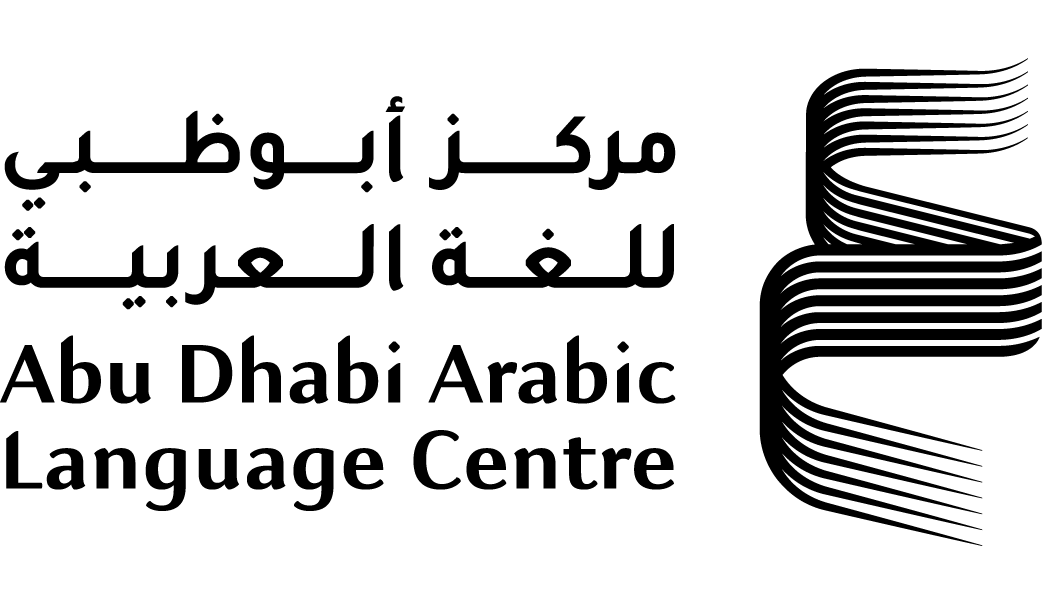The Abu Dhabi Arabic Language Centre (ALC) has published the Arabic edition of ‘Translation Movement and Acculturation in the Medieval Islamic World’ by researcher and historian Dr. Labeeb Ahmed Bsoul, under its Kalima Project for Translation.
The book was translated from English to Arabic by Professor Saber Lahbacha and reviewed by Dr. Youssef Hamdan.
The book presents a comprehensive and in-depth examination of the translation movement in Arab-Islamic civilisation during the Middle Ages, portraying it as a distinctive cultural phenomenon that extended beyond linguistic transfer. It is highlighted as a dynamic process of cultural and human exchange, serving as a vital bridge between ancient and modern civilisations.
Dr. Bsoul charts a flourishing period in Islamic history, particularly during the golden age of the Abbasid Caliphate under Harun al-Rashid and his son al-Ma'mun. This era witnessed the founding of the House of Wisdom (Bayt al-Hikmah) in Baghdad, which emerged as a vibrant centre of intellectual activity. It brought together translators and scholars from diverse cultural and religious backgrounds, creating an environment that significantly advanced the production and dissemination of knowledge.
The author contends that the translation movement was not merely a confined linguistic or technical endeavour, but rather a comprehensive intellectual undertaking that conveyed systems of cultural and human values. It played a pivotal role in shaping a new worldview and reimagining conceptions of humanity within Arab and Islamic thought.
The book offers a detailed exploration of the translation of scientific, philosophical, and literary works from Greek, Farsi and Sanskrit into Arabic. It also traces the subsequent transmission of this knowledge into Latin during the Middle Ages, highlighting an intellectual legacy that laid critical foundations for the European Renaissance.
The work further underscores the essential contributions of translators and scholars from diverse ethnic and religious backgrounds. Dr. Bsoul highlights the collaborative efforts of Christian, Muslim and Jewish intellectuals—alongside artists and thinkers from various communities—who collectively advanced a humanistic and cultural project that ushered in a new era of tolerance, diversity, and intercultural integration. The book also illustrates how the translation movement helped liberate the Arab intellect from superstitions, promoted scientific reasoning grounded in evidence and logic, and fostered a spirit of inquiry and experimentation.
Drawing on classical Arabic literary texts and manuscripts, Dr. Bsoul reveals the breadth and depth of scholarly contributions during this period, and how these ideas continue to resonate in contemporary culture. He emphasises that Arab-Islamic civilisation welcomed scholars and translators from across the world, offering them a haven for intellectual expression and creativity. This inclusivity led to an unprecedented era of cultural prosperity in human history.
The author also stresses the role of translation in facilitating acculturation among peoples. Rather than a passive act of preservation, translation is portrayed as a continuous process of knowledge exchange, enriched by values of tolerance and moderation, which significantly influenced the intellectual underpinnings of the European Renaissance.
The translation of this book is part of the Kalima Project for Translation, which aims to enrich the Arabic library with high-quality scholarly and intellectual works. The project seeks to foster cultural dialogue among civilisations, highlight the Arabic language’s contribution to the advancement of human knowledge, and reaffirm the role of Arab-Islamic civilisation as a vital link between global cultures.
![alc-default-cursor]()

